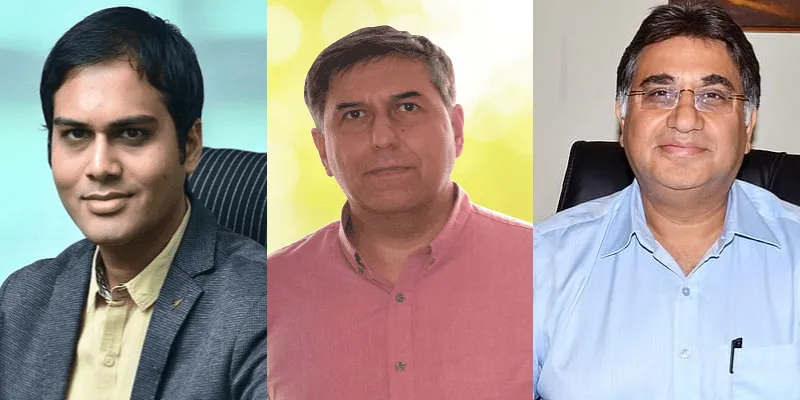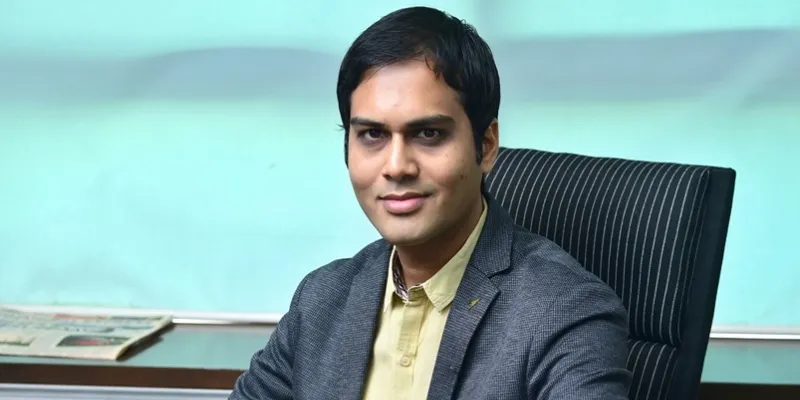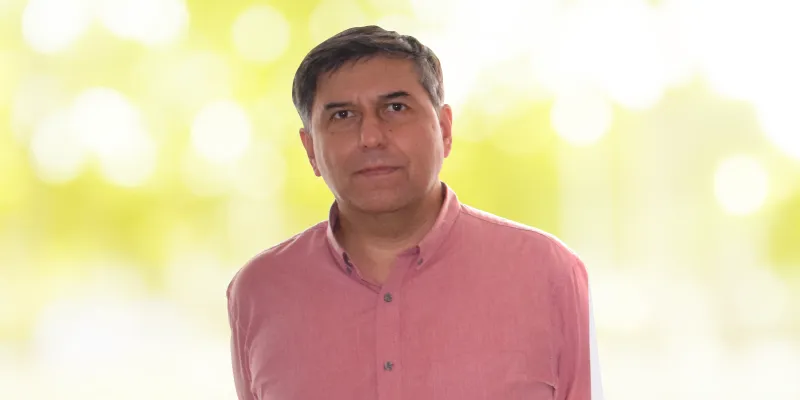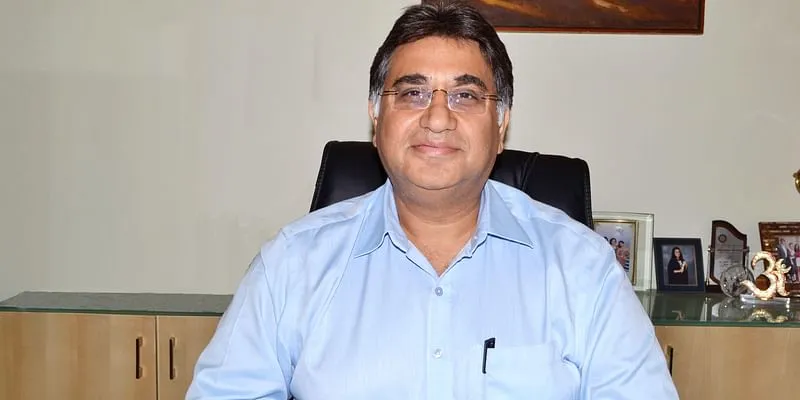FabIndia, Weikfield, and their COVID-19 survival strategies: top SMB stories of the week
This week, SMBStory looks at three businesses that have come up with their own unique ways to survive the unprecedented economic downturn fuelled by the COVID-19 pandemic.
Survival is the only way out of the COVID-19 crisis for businesses, big and small. The pandemic has brought a lot of challenges and opportunities, and entrepreneurs and business owners are being forced to think out of the box.

They need to focus on coming up with ways to survive despite concerns like cash flow, liquidity, and working capital.
SMBStory looks at three businesses that have come up with their own unique ways to survive the unprecedented crisis.
Lendingkart

Harshvardhan Lunia, CEO and Co-founder of Lendingkart Technologies.
In a conversation with YourStory as part of the series 'Money Matters with Shradha Sharma', Harshvardhan Lunia, CEO and Co-founder of Technologies, spoke about his learning experiences from the crisis and how his business has been coping during these unprecedented times. Lendingkart is an Ahmedabad-based digital lending platform for small and medium businesses.
Harshvardhan said pains and trials were a part of every entrepreneur’s business journey, and they were currently focusing on surviving the crisis.
He also talked about how businesses lacked a crisis management strategy, which puts them in a vulnerable position when a catastrophe occurs. “The reaction is too much. This is because we don't plan for the unexpected. And when it (the unexpected) happens, we are overwhelmed.”
He said one of the things he learnt from COVID-19 was “how to plan the unexpected.”
According to Harsh, the journey of an entrepreneur is never linear, but staying focused can save him or her from a lot of trouble. “Serve the right product to the customers. This way you can grow and build (your business),” he advised.
FabIndia

William Bissell, Chairman, FabIndia
When India went into a lockdown on March 25, 2020, it was a warning for FabIndia and its 250 retail stores. India’s largest private platform for traditional products shut its stores and spent the next two weeks getting over the shock.
The popular ethnic wear brand, built over 60 years, had not placed all its eggs in one basket. It was quick to notice that the government was allowing the sales of essential items and hygiene products during lockdown, and decided to ramp up its organic foods production.
“Teamwork and collaboration with the state government in Uttar Pradesh were critical to scale up production under our Organic India food brand. Before lockdown, food and hygiene products contributed two to three percent of our business. With the increased production, it quickly grew to 15 to 20 percent of our business,” FabIndia Chairman William Bissell told YourStory in an exclusive video interaction, part of the series ‘Money Matters with Shradha Sharma’.
After shutting its physical stores and expecting near-zero revenue from offline channels, FabIndia had to put its aggressive expansion plans on hold. Deciding to conserve and collect cash instead, the brand felt it would need cash at least till December 2020.
“Cutting cash flow is never easy. If a car is moving fast, stepping on the brakes hard sends it spinning. We managed to get support from our bankers to put together a war chest. In hindsight, it was a good move. I believed we should collect as much cash as possible because it was unpredictable when the next cash cycle would come,” Bissell said.
Weikfield

Ashwini Malhotra, Managing Director, Weikfield Foods Pvt Ltd
With a legacy of over 60 years, Weikfield was started in a small room in Pune by Satpal Malhotra in 1955 with his brother. The company is one of the first Indian players to have introduced custard powder to the market
Traditionally, around 20 percent of Weikfield’s sales are in the HORECA segment and eight percent in the consumer front. However, this changed amid the COVID-19 pandemic. With people locked in at home, baking became the new fad. The increase in the demand during the lockdown came as a surprise to the brand. And at a time when production lines across industries were shutting down, it was the opposite for Weikfield.
Ashwini Malhotra, Managing Director and second-generation entrepreneur, said, “We were surprised to see that our demand pattern was reversed. Twenty percent of our demand share came from the consumer front and only five percent from HORECA. We had a piled-up inventory and so we were able to keep up with the demand.”
“My father passed away in 2013. He used to tell me one, 'apne chaadar mein he khelo’ [you must play in your bed] and I have always followed his advice. That's how we've been able to stay debt-free. Every week, we have a cash check of the past week and plan our strategy to not undergo any loss,” Ashwini told SMBStory.
He added that entrepreneurs today want overnight success. “They must understand that it takes hard work and struggle. Cash is king, and one must understand how and when to use it.”
(Edited by Teja Lele Desai)






1551791705233.png?mode=crop&crop=faces&ar=1%3A1&format=auto&w=1920&q=75)


